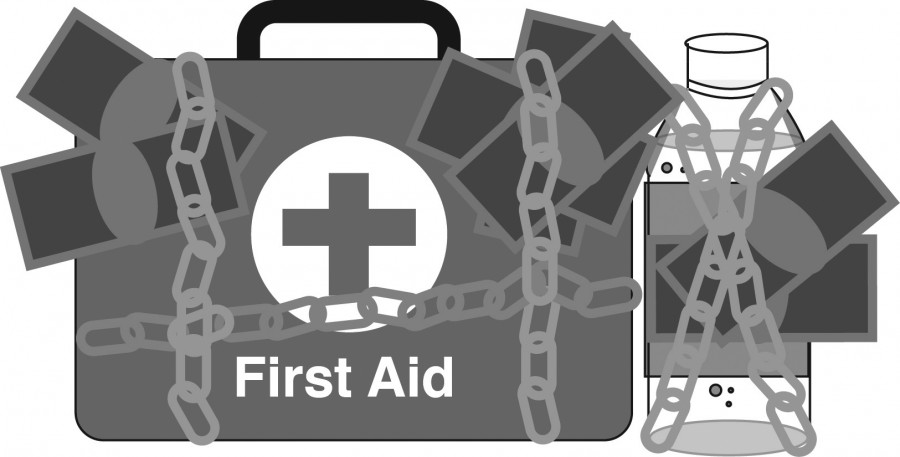Price gouging aggravates economic inequality in storm’s wake
The responses to Hurricane Harvey relief efforts have been overwhelmingly positive. In Houston, however, some businesses are exploiting tragedy for their own profits. In the wake of natural disasters, society should reject price gouging and focus on more community-oriented methods of aid.
Price gouging is the act of increasing the price of necessary goods to exorbitant levels when there is no other vendor in the market. Though this practice is generally illegal, in disaster zones it can be very difficult to enforce these laws and stop this practice from occurring. After Hurricane Harvey, more than 500 complaints of price gouging were recorded in Texas. After Hurricane Irma, a police hotline was opened in Florida specifically to report crimes of price gouging. In post-Hurricane Katrina New Orleans, price gouging tore apart entire neighborhoods as people were unable to afford basic goods like food and clean water.
Natural disasters are not equal opportunity disasters. For the working class, it is much harder to prepare for a disaster due to both the increased difficulty of stocking up on supplies and the finance-related logistics associated with evacuating. When businesses decide to price gouge, they are often directly hitting those who already lack the resources needed to endure a natural disaster.
Communities should be using the time following natural disasters to come together and focus on rebuilding and regrouping, uniting as one to repair the damage caused by these tragic events. Price gouging does the exact opposite. It divides the community, pitting one group of people against another as the business owners directly profit from the struggles of those left in the wake of a natural disaster. It also creates resentment against business owners, causes people to act in desperate ways and, in some cases, leads to violence. If, instead, supplies like food and water were distributed throughout the community after hurricanes, there would be less incentive to loot. When businesses price gouge, they value short-term profit over long-term community prosperity.
After a disaster, a community is never the same. If given the right tools, however, it can rebuild. If business owners shed personal gains, like profit, and instead focus on how to reach out and support their community, everyone will be in a better position.
This is an opinion article and does not reflect the views of the Tulane Hullabaloo. Quinn is a freshman at Newcomb-Tulane College. He can be reached at [email protected].
Your donation will support the student journalists of Tulane University. Your contribution will allow us to purchase equipment and cover our annual website hosting costs.




Leave a Comment